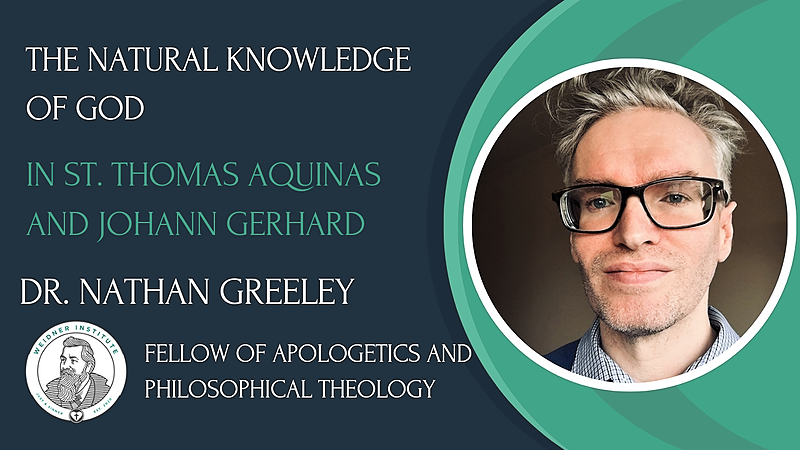Classical Lutheranism for the Contemporary World

Helping God’s people to “grow in the grace and knowledge of our Lord and Savior, Jesus Christ,” through accessible theological education
2 Peter 3:18
Featured Book: The Doctrine of Divine Love
In this enduring classic of Christian ethics, Ernst Sartorius masterfully ties together theology and the moral life under the unifying theme of divine love. Rejecting the perception that theology is a purely intellectual pursuit, Sartorius insists that true knowledge of God arises from a life lived in communion with Him. It is within this vital union, grounded in love, that the intrinsic bond between doctrine and ethics is manifest.
Theology, in Sartorius’s vision, articulates the nature of divine love as it unfolds in creation and redemption. Ethics, in turn, explores how this same love shapes Christian character and motivates the believer to extend that love toward others. This integration is not merely theoretical; it is lived.
Drawing from the rich theological wells of St. Augustine, Johann Gerhard, and the Lutheran Confessions, Sartorius offers both a survey of the major loci of dogmatics and a compelling vision of the Christian moral life. This work stands as a testament to the inseparability of faith and love, of belief and practice—a vision as relevant today as it was in Sartorius’s own time.
Courses
Through the Weidner Institute, Just & Sinner offers video seminars and courses on a variety of topics from qualified faculty
OUR RESOURCES
-

Through the Weidner Institute, we offer a selection of seminars, course offerings, and academic texts to bring you the best of classical Lutheran thought from qualified faculty.
-

Just & Sinner Publishing offers a variety of theological textbooks at both a popular and academic level. We reprint classic works along with new texts.
-

The Just & Sinner Podcast has been providing weekly discussions of theology, philosophy, and culture from a Lutheran perspective since 2012.
-

The Conservative Reformer is Just & Sinner's online periodical. We provide weekly articles on a wide range of topics related to theology, philosophy, and culture.






